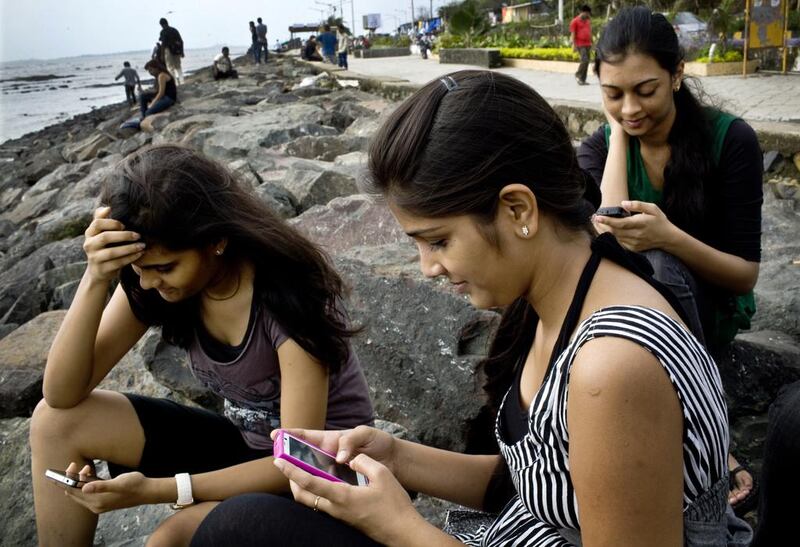With the gap between rich and poor continuing to increase, much is made of the exacerbating effect of the so-called “digital divide” between those with easy access to the internet and those without. The world wide web – and specifically the educational and vocational opportunities it provides – is seen as a powerful equalising force, meaning those without access risk falling even further behind.
This is particularly the case in India, which has become a global hub for technology-based industries ranging from computer programming to international call centres. Millions of bright and resourceful Indians have lifted themselves into the middle class through working in high-tech industries based on the internet, but many more of their compatriots lack internet access and are denied those opportunities to better themselves.
All this makes it curious why India’s telecommunications regulator has rejected Facebook’s offer to provide free – albeit limited – internet access in the country. When combined with an Indian company launching the Freedom 251, a smartphone priced under 500 Indian rupees (Dh26.80) this week, it seemed to be a lost opportunity to narrow the digital divide.
Closer reading of the Telecom Regulatory Authority’s decision shows the key issue was Facebook’s offer breached the principle of net neutrality, the principle that internet service providers should enable access to all content and applications regardless of the source, and without favouring or blocking particular products or websites. Facebook’s free version of the internet bundled its social media site together with websites such as Wikipedia with those offering weather and cricket information but excluding the social media giant’s rivals. The bid was hardly helped when Facebook director Marc Andreessen tweeted: “Anti-colonialism has been economically catastrophic for the Indian people for decades. Why stop now?”
The regulator took the view that net neutrality trumped internet accessibility for all. Whether this principled decision will help or worsen India’s digital divide remains to be seen.





